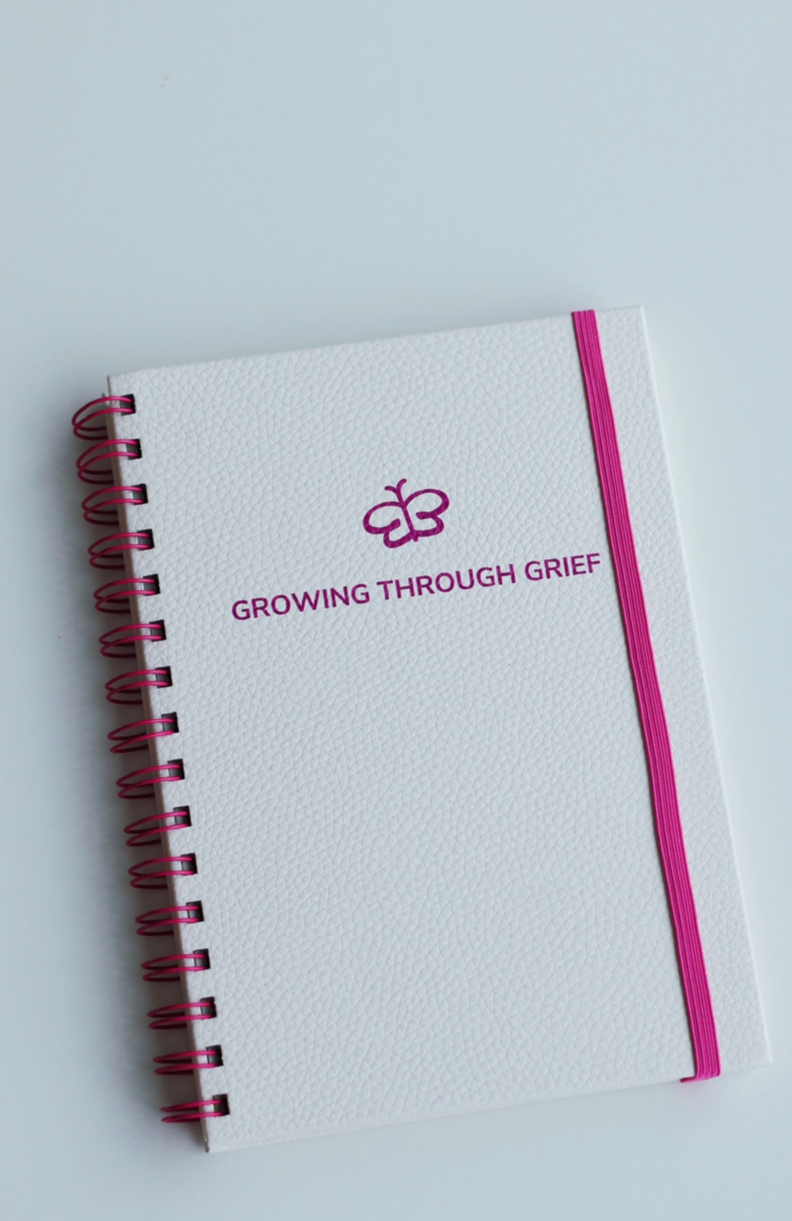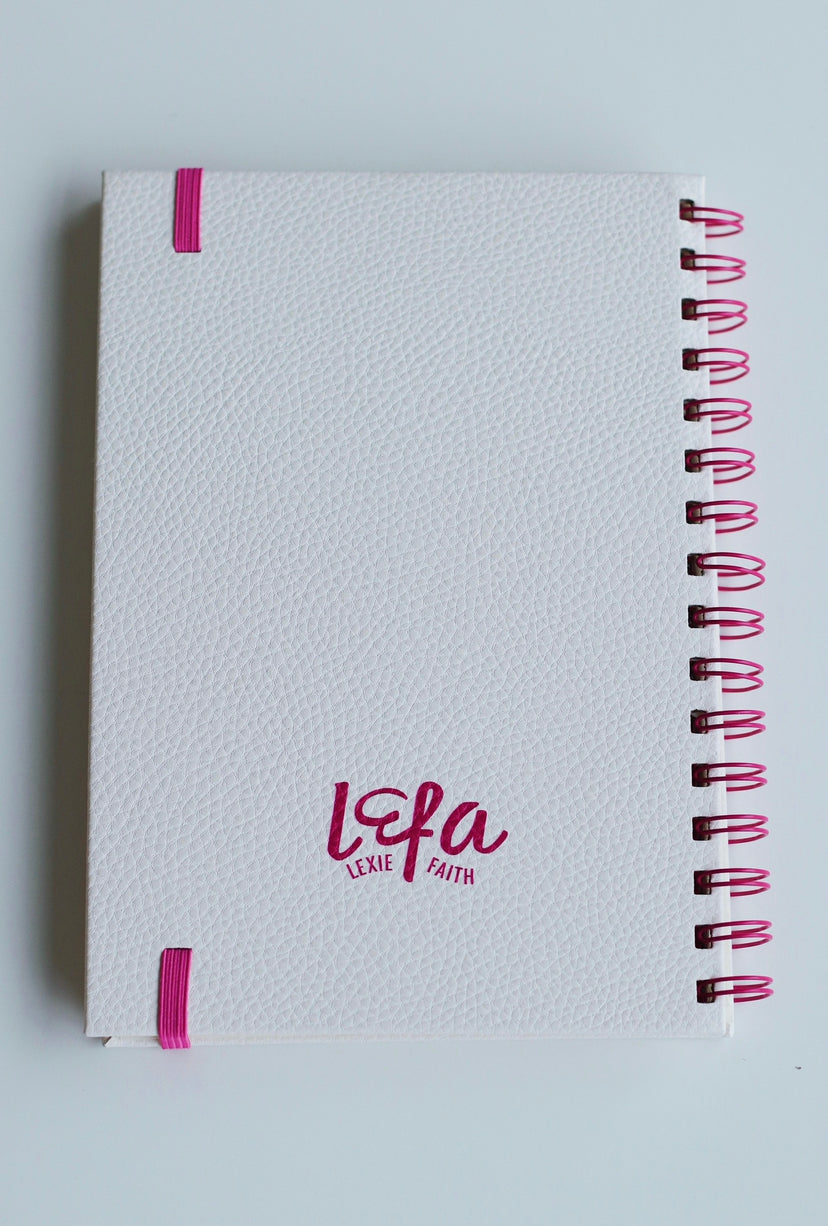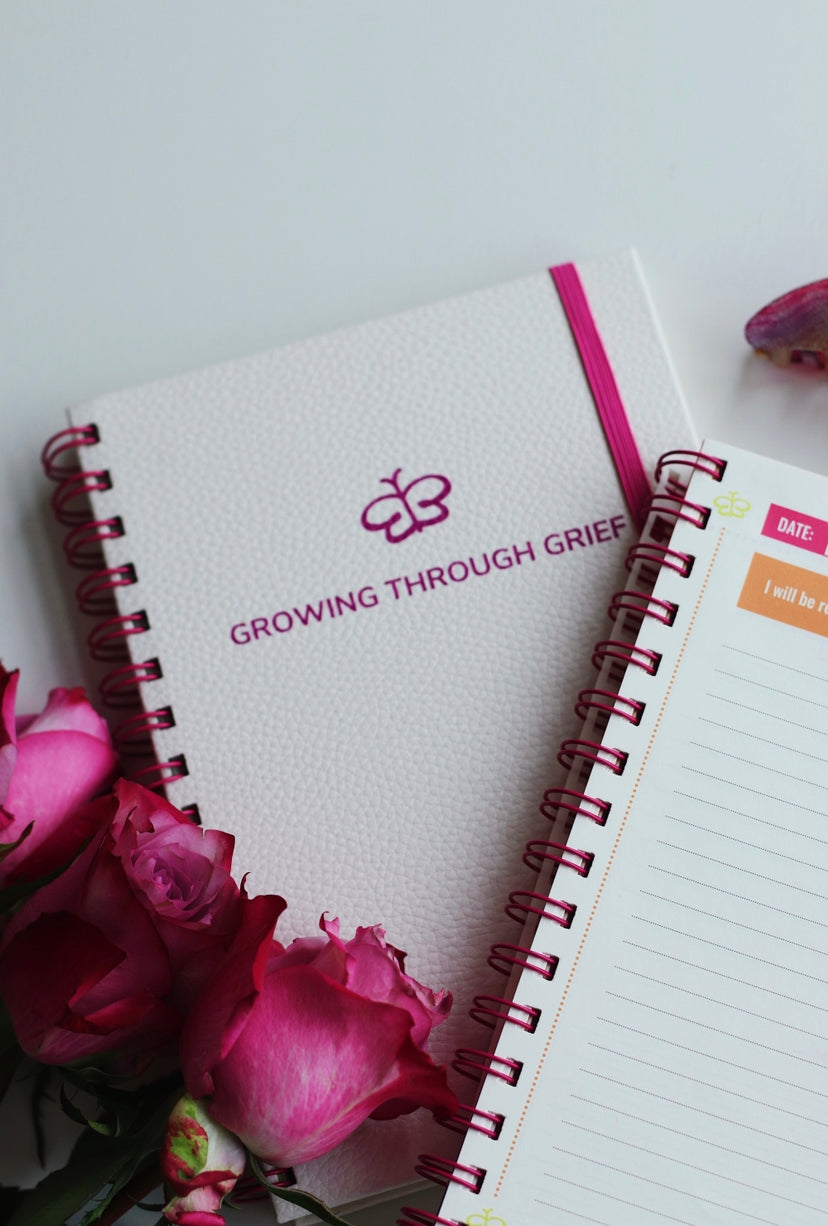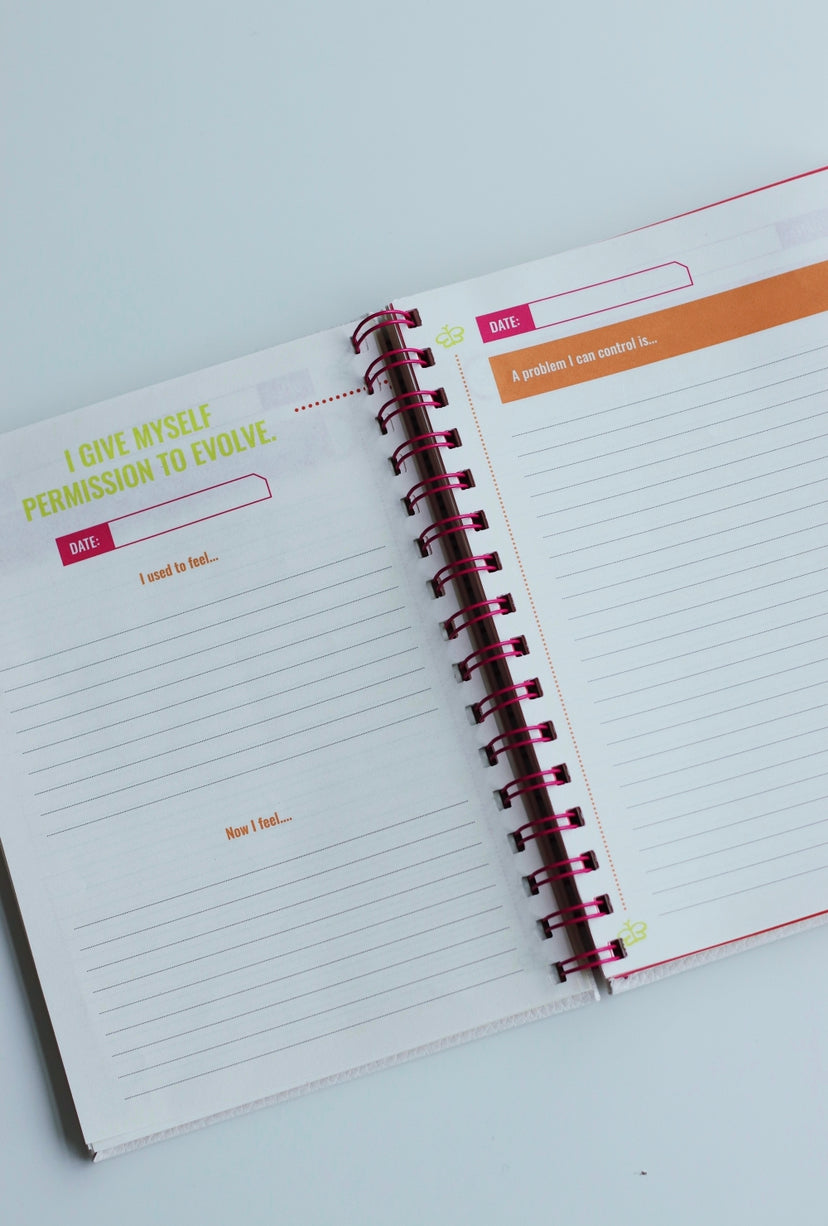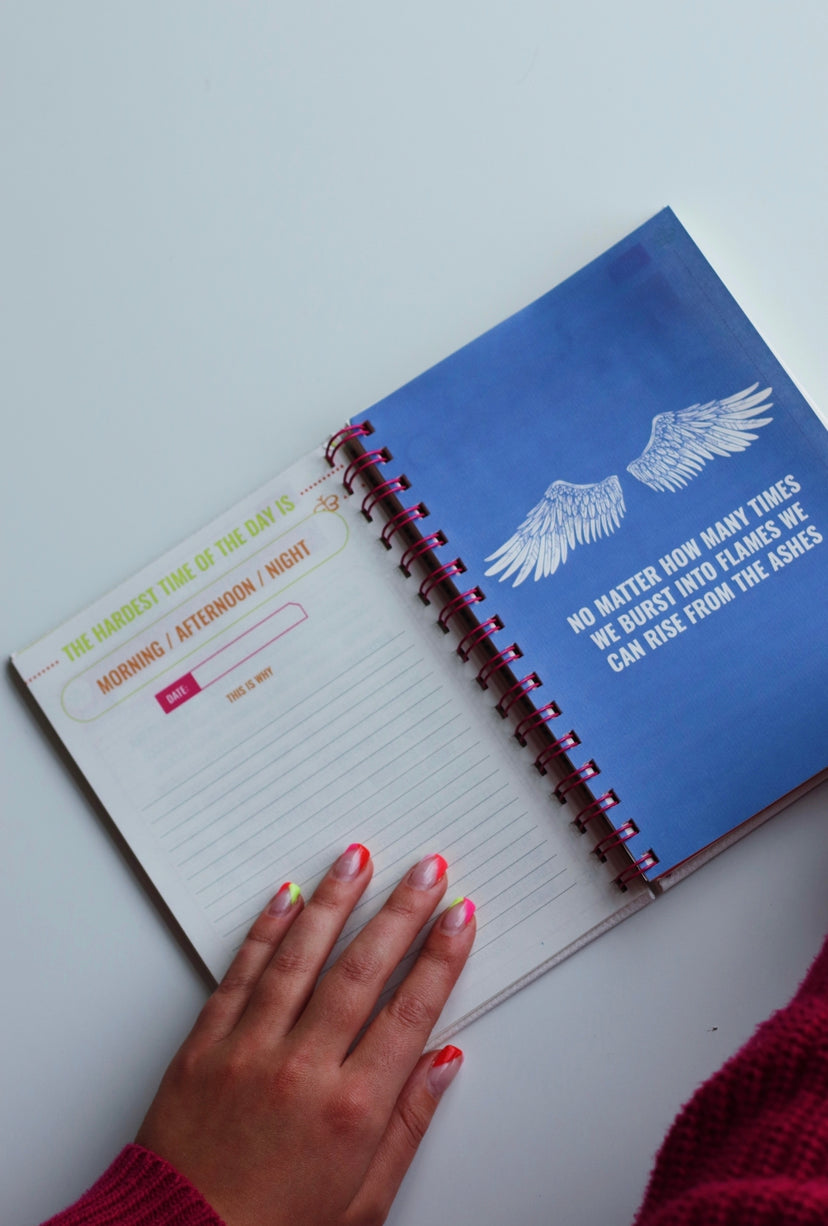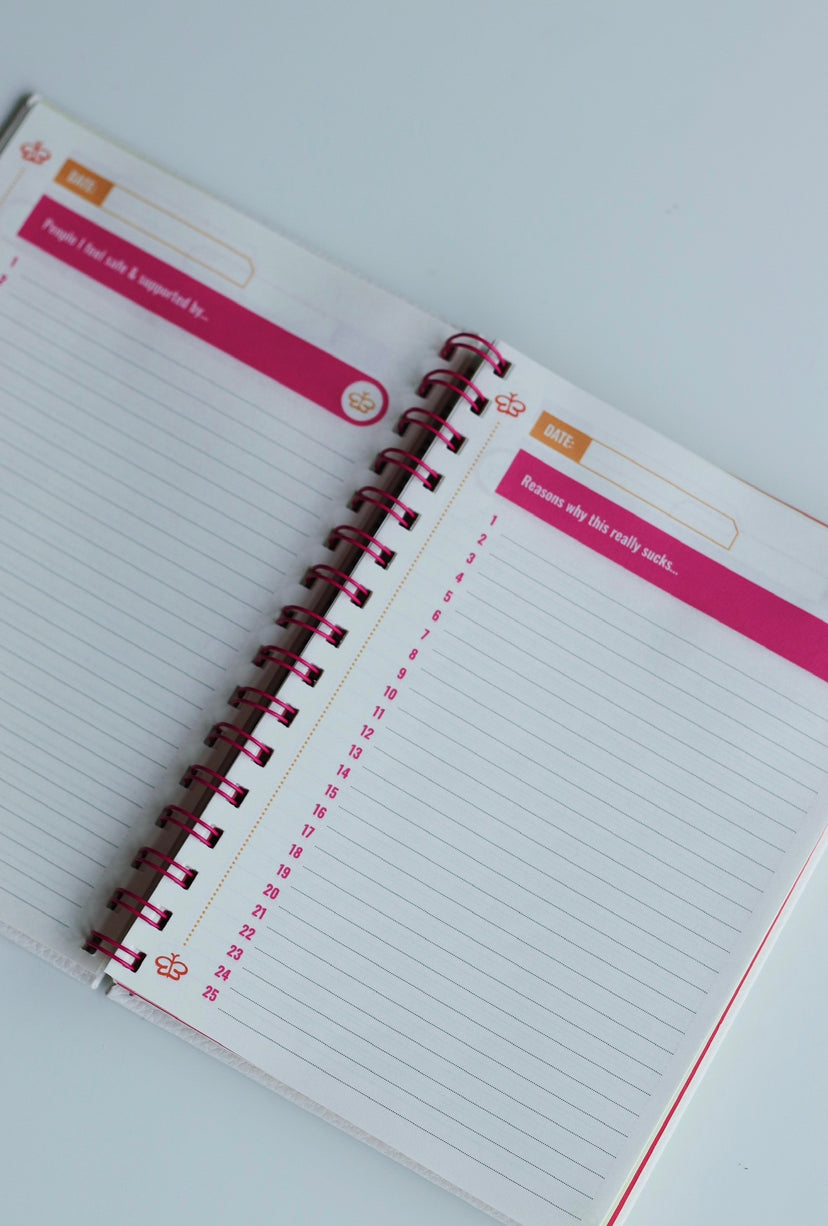Journaling has long been popular as a form of self-expression and therapy, but what are the scientific benefits? Studies show that journaling can help people process their emotions, find clarity and meaning, reduce stress and anxiety, increase self-awareness and insight, and even boost creativity.
Why Use Journaling as Therapy?
There are several reasons why journaling is a popular therapeutic tool. For one, it can help people express thoughts and feelings in a safe space without fear of judgement. Additionally, it promotes self-awareness and insight by providing an opportunity to reflect on experiences, feelings, and emotions in a structured way. Writing has also been shown to improve cognitive functioning, reduce stress and anxiety, release negative emotions, cultivate creativity, increase clarity and focus, encourage self-reflection and personal growth, as well as provide peace of mind.
The Effects of Writing Down Feelings
Studies have found that journaling reduces stress and anxiety, as well as alleviates symptoms of depression and post-traumatic stress disorder (PTSD). Writing down feelings can also help with problem-solving, improving communication skills, becoming more aware of one’s inner emotions, developing self-confidence and understanding emotion regulation. Additionally, research has shown that writing about traumatic events or difficult memories can help the healing process by allowing people to process those experiences.
Automatically Calming and Reframing Thoughts
Journaling can be seen as an “active meditation” — where the act of taking the time to slow down and express thoughts leads to a meditative state. By writing thoughts onto paper, we can gain more clarity and reframe those jumbled emotions, allowing us to look at them from a different perspective. Writing can provide insight on difficult situations that are causing confusion or distress, paving the way for self-compassion and finding solutions.
Harnessing Cognitive Behavioral Therapy Techniques
Journaling can be an important tool to implement cognitive behavioral therapy (CBT) techniques. CBT is a type of therapy that helps people recognize harmful thought patterns and behaviors, replacing them with more constructive actions and reframing negative thoughts. It’s often used in the treatment of anxiety and depression. Keeping a journal is an effective way to observe patterns in your thoughts, feelings, and experiences — allowing you to practice concept like reframing, goal-setting, self-soothing, positive self-talk, and other healing strategies. Reflexive writing also encourages us not just to observe our thoughts but to critically inquire them as well.
Breaking the Negative Thinking Cycle
Using journaling to break negative thinking cycles is one of the most well-studied benefits of this therapeutic practice. Negative thought patterns can get us stuck in ruts, spiraling into a cycle of depression or anxiety. Writing it down can act as an emotional release, but also puts the thoughts out of your head and on paper where you can analyze them more objectively. You can then reflect on why these thoughts came up, how they relate to current events, and how they fit into patterns connected to past experiences. By recognizing and writing through these cycles, you start to become better equipped with the skills needed to alter them and find ways to cope in healthy ways.
Ready to Dive In?
Start your journaling experience with our Growing Through Grief prompted journal.




